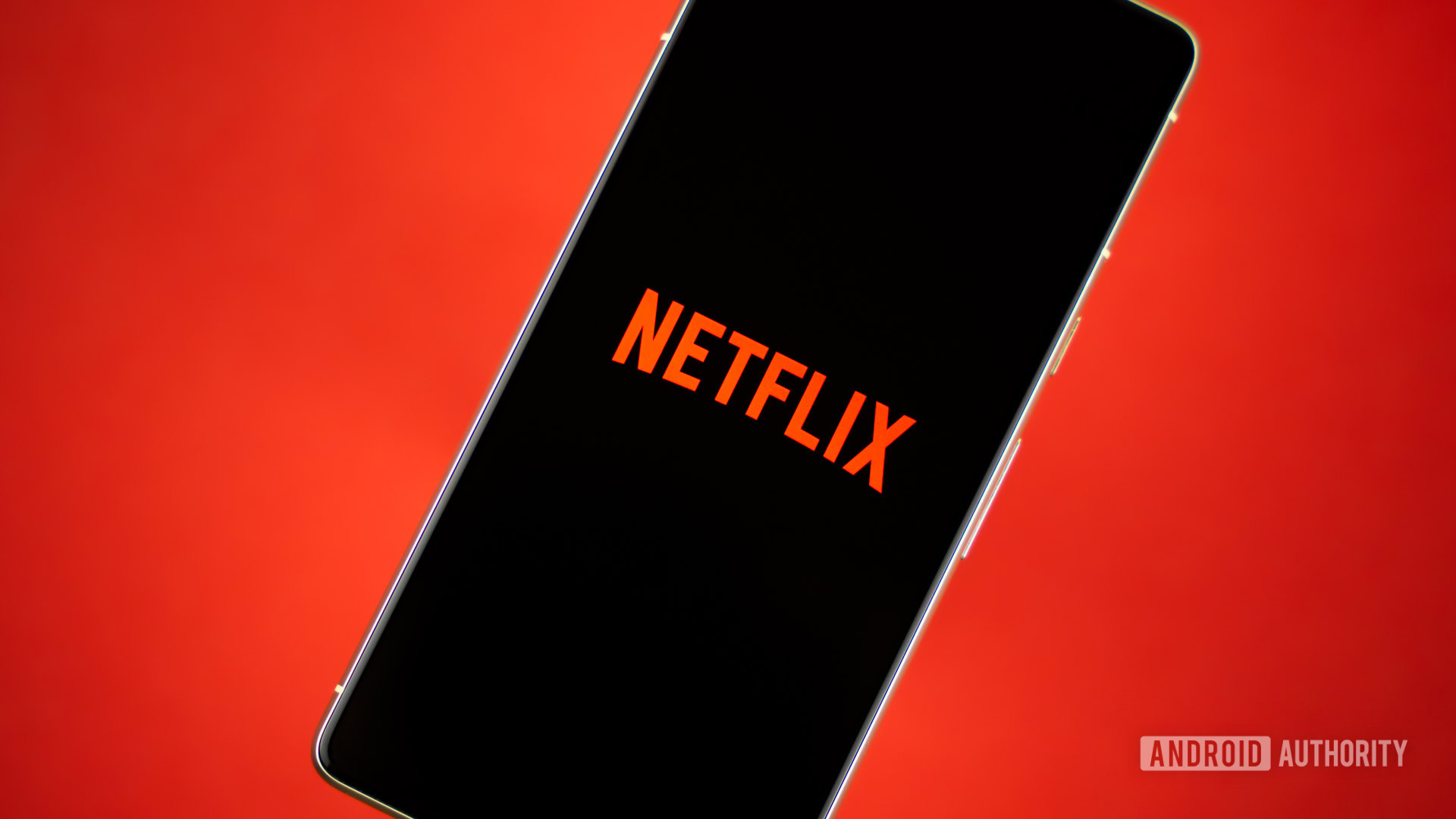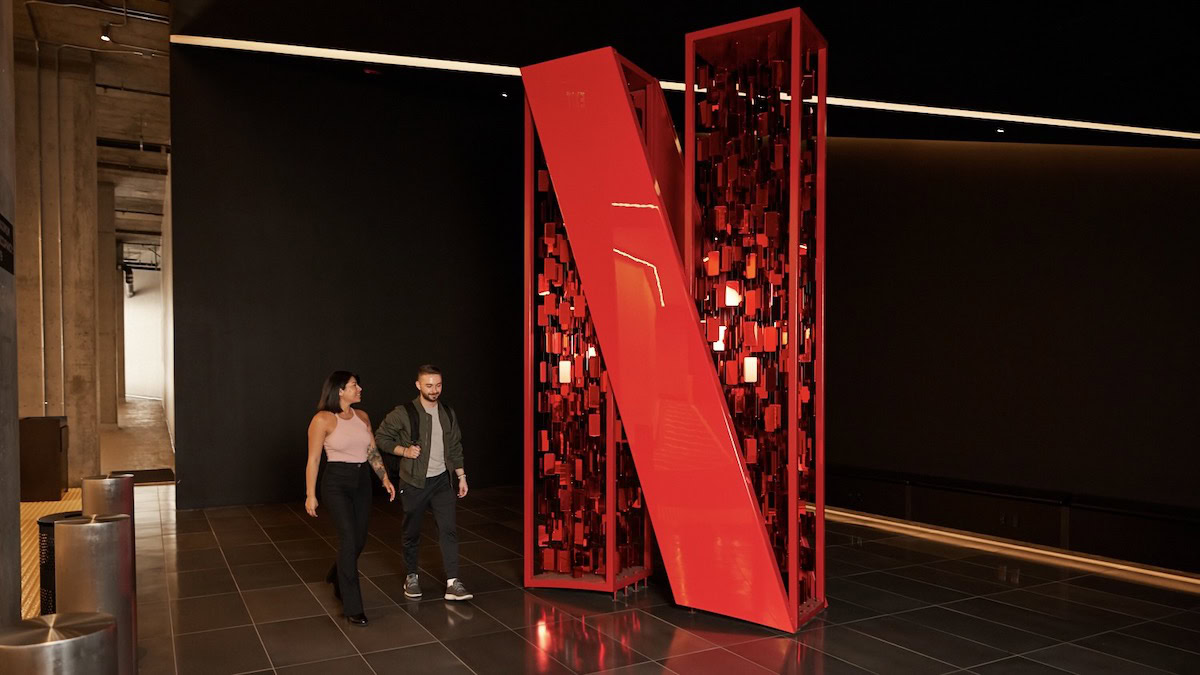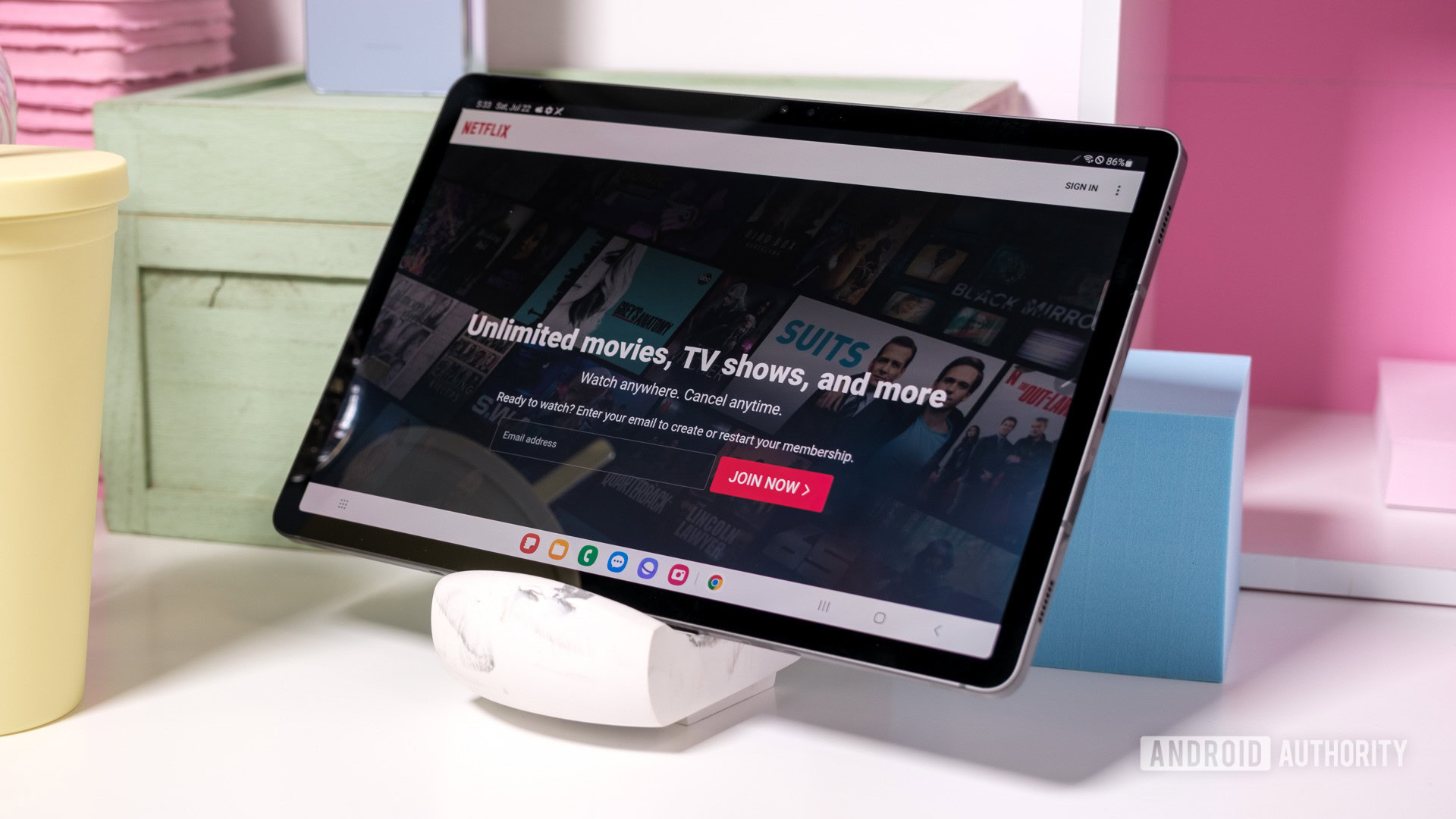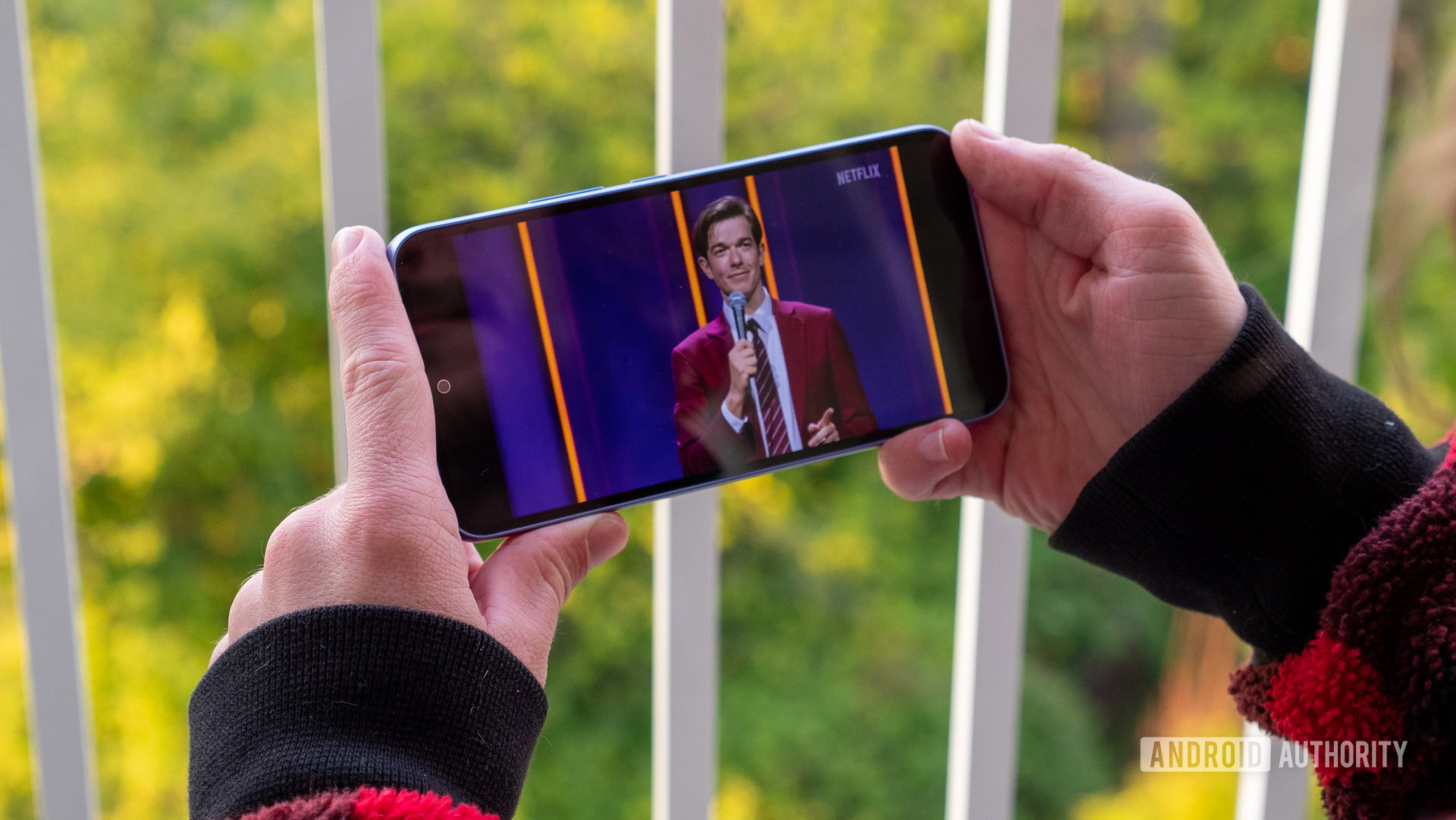Affiliate links on Android Authority may earn us a commission. Learn more.
A 94% increase: A timeline of Netflix price hikes
Published onJuly 23, 2024

Netflix has come along way since it was a DVD rental-by-mail service competing against Blockbuster. Unfortunately, so has its prices. With the Standard plan now setting you back a princely $15.49, we thought we’d piece together every Netflix price hike over the years in a way that’s easy to digest.
Netflix now has several plans, the names of which have changed over the years. We’ll keep things simple for this timeline by referring to each plan as it is now known. We’ll also track the price of each plan as it was for new subscribers, as that helps avoid some confusion over grandfathered plans. Finally, we’re just looking at the US here, as the Netflix price is different in every country.
Netflix price hikes: A timeline

In the beginning, there were DVDs. We’re going to gloss over this part as this isn’t a history lesson, and we want to focus on the cost of the streaming service. Also, a lot of people know about this part of the story already, but it’s worth summarizing where the streaming service came from.
In a nutshell, Netflix was founded in 1997, with its website going live in 1998. It began by offering DVD rentals through a traditional pay-per-rental setup but quickly realized that a subscription service, allowing renters to pay a fixed price per month instead of per rental, was a better model.
A decade later, in 2007, Netflix first introduced its streaming service alongside the rentals. The online library was much more limited back then, and for a few years, the amount you could stream each month depended on the rental subscription plan you were on. Unlimited streaming was introduced in 2008 for those paying $8.99 per month or more on their rental plan, but it wasn’t until 2011 that Netflix brought in a streaming-only subscription. That’s where we’ll start.
2011
- Standard plan: $7.99 (new)
The first Netflix streaming-only plan launched at $7.99, but this wasn’t welcome news for most customers. They now had to pay this amount extra just to get the unlimited streaming aspect of the service, and there were still a whole bunch of movies and shows that were only available on DVD. That meant you had to have both the rental and streaming plans to get the full experience at a combined cost of $16 or more.
2013
- Standard plan: $7.99
- Premium plan: $11.99 (new)
Netflix introduced a family plan for $11.99 per month, which was later renamed the Platinum plan and then the Premium plan. This more expensive option allowed for four screens to be used on one account so that members of the household could watch different things.
2014
- Basic plan: $7.99 (new)
- Standard plan: $8.99 (+$1)
- Premium plan: $11.99
Things get a little complicated in 2014, although some of that is to Netflix’s credit. The headline was that the price of the standard plan went up by $1 to $8.99 per month, but with two caveats.
The first is that existing customers were grandfathered on the standard plan at the previous price of $7.99 per month. It wasn’t clear how long this would last at the time, but it turned out to be for two years. The second is that new customers who didn’t want to pay the higher price could still get a $7.99 plan without HD, which became the Basic plan.

2015
- Basic plan: $7.99
- Standard plan: $9.99 (+$1)
- Premium plan: $11.99
The price of the Standard plan rose again by $1 in 2015. customers who were already subscribed at $8.99 had their plans grandfathered at that rate, joining the other set of customers still grandfathered at $7.99.
The following year in 2016, the grandfathered plans were ended and all customers, new or existing, were moved to the rates above.
2017
- Basic plan: $7.99
- Standard plan: $10.99 (+$1)
- Premium plan: $13.99 (+$2)
Dominating the streaming market in 2017, Netflix raised the price of the Standard plan by $1 again, as well as pushing up the price of the Premium plan by $2. Of some comfort to existing subscribers was a shorter grace period during which they paid the old rates, but the higher prices hit new customers immediately.
2019
- Basic plan: $8.99 (+1)
- Standard plan: $12.99 (+$2)
- Premium plan: $15.99 (+$2)
The cost of all Netflix plans increased in 2019, including the first price hike on the Basic plan to $8.99. The idea of grandfathering or grace periods was long gone by this point, with the changes applied to all customers straight away.

2020
- Basic plan: $8.99
- Standard plan: $13.99 (+$1)
- Premium plan: $17.99 (+$2)
Subscribers on the Standard and Premium Netflix plans got another price hike in 2020, by $1 and $2, respectively. As it often did, Netflix put the reasons for the increases down to the increased amount of original and high-quality content from the service.
As true as that might have been, the COVID-19 pandemic meant that many people were stuck indoors with limited entertainment options. It was something of a captive audience, and Netflix knew it.
2022
- Standard with Ads plan: $6.99 (new)
- Basic plan: $9.99 (+$1)
- Standard plan: $15.49 (+$1.50)
- Premium plan: $19.99 (+$2)
The 2022 changes happened in two parts. In January, the three existing Netflix plans all got a price hike. Hitting $20, the Premium plan became the most expensive streaming plan ever. Netflix was feeling the heat from fresh alternatives in the streaming market at this point but must have felt asserting market dominance by putting extra revenue into content was preferable to competing on price.
Towards the end of the year, the first ad-supported plan was introduced. It was called Basic with Ads, as that’s what it was, but the Basic plan was then scrapped in 2023 for new customers, and the ad-supported plan was renamed. Those on the new Standard with Ads plan got to watch in HD, and while new subscribers no longer had the Basic plan as an option, current subscribers were allowed to stay on it.
2023
- Standard with Ads plan: $6.99
- Basic plan: $11.99 (+$2 — not available to new subscribers)
- Standard plan: $15.49
- Premium plan: $22.99 (+$3)
While there are reports of Netflix lining up more price hikes in 2024, the last increases came in 2023. The Premium Plan got a whopping $3 uplift, while those still clinging on to their Basic Plan had to pay an extra $2 per month for the privilege of keeping it. They’ll be forced to switch in the near future anyway, with the legacy Basic plan soon to be killed off altogether.
Despite these regular price hikes, Netflix gained millions of new subscribers over the last year, thanks largely to a clampdown on account sharing.
Why the Netflix price hikes?

Leaving the profiteering motive of almost every multinational corporation aside, the official reasons for the Netflix price hikes over the years are perfectly genuine. They are many and varied, but we’ll just go over a few of the main ones here.
A key expense that Netflix and all other streamers have always faced is the cost of licensing content. Buying the rights to offer movies and shows on the platform is pricey, and Netflix has an extensive library of such content to maintain. It would have been more affordable back in the day when Netflix was the main buyer, but with increased and now fierce competition from the likes of Amazon Prime, Disney Plus, Max, and many others, it’s now a seller’s market for the best stuff, and Netflix has to outbid the competition to host the content.
Netflix has to outbid the competition.
Original Netflix content also adds a huge amount to the bottom line, but it’s also something that helps keep subscribers coming and putting up with price increases. Movies like Glass Onion and The Irishman, as well as shows like The Crown and Stranger Things, cost a huge amount to produce but are then only available to watch on Netflix’s platform.
The mind boggles at how much infrastructure Netflix must need to run its operation, and the price of this will have increased exponentially. It has to offer a smooth streaming service in quality up to 4K HDR to millions of subscribers in almost 200 hundred countries.
And then there’s inflation. Almost nothing that cost $7.99 in 2011 would be expected to still cost that in 2024. This begs the question as to how much extra you’re really being charged, which we’ll get into next.
Are you really being charged more for Netflix in 2024?

At first glance, the price increases look pretty steep. The Standard plan went up 94% in 12 years as it rose from $7.99 in 2011 to $15.49 in 2023. The Premium plan jumped 92% in 10 years, going from its introductory price of $11.99 in 2013 to $22.99 in 2023. But this doesn’t tell the whole story.
When you hear people talk about prices in “real terms,” they mean comparing the prices once they have been adjusted for inflation. This is arguably a much fairer way of comparing prices as inflation hits all aspects of the world economy, so it’s worth us taking a quick look at how the original costs of the Standard and Premium plans when they were launched compare to the inflation-adjusted prices in 2024. For this, we’ll need an inflation calculator.
Standard plan
- Standard plan price in 2011: $7.99
- Inflation-adjusted price in 2024: $11.16
- Standard plan price in 2024: $15.49
- Percentage increase in real terms: 39%
Premium plan
- Premium plan price in 2013: $11.99
- Inflation-adjusted price in 2024: $16.17
- Premium plan price in 2024: $22.99
- Percentage increase in real terms: 42%
So you can see that when we adjust the original prices for inflation, the Netflix price hikes don’t look so bad. They’re around 40% higher than where they would be if they’d only increased with inflation, but given changes in the size of the catalog and quality of the content over that time, its arguably justified. Having a cheaper, ad-supported plan also gives you the choice of partly paying for the service with your time rather than your money, and there are even a very limited number of ways to get Netflix for free.